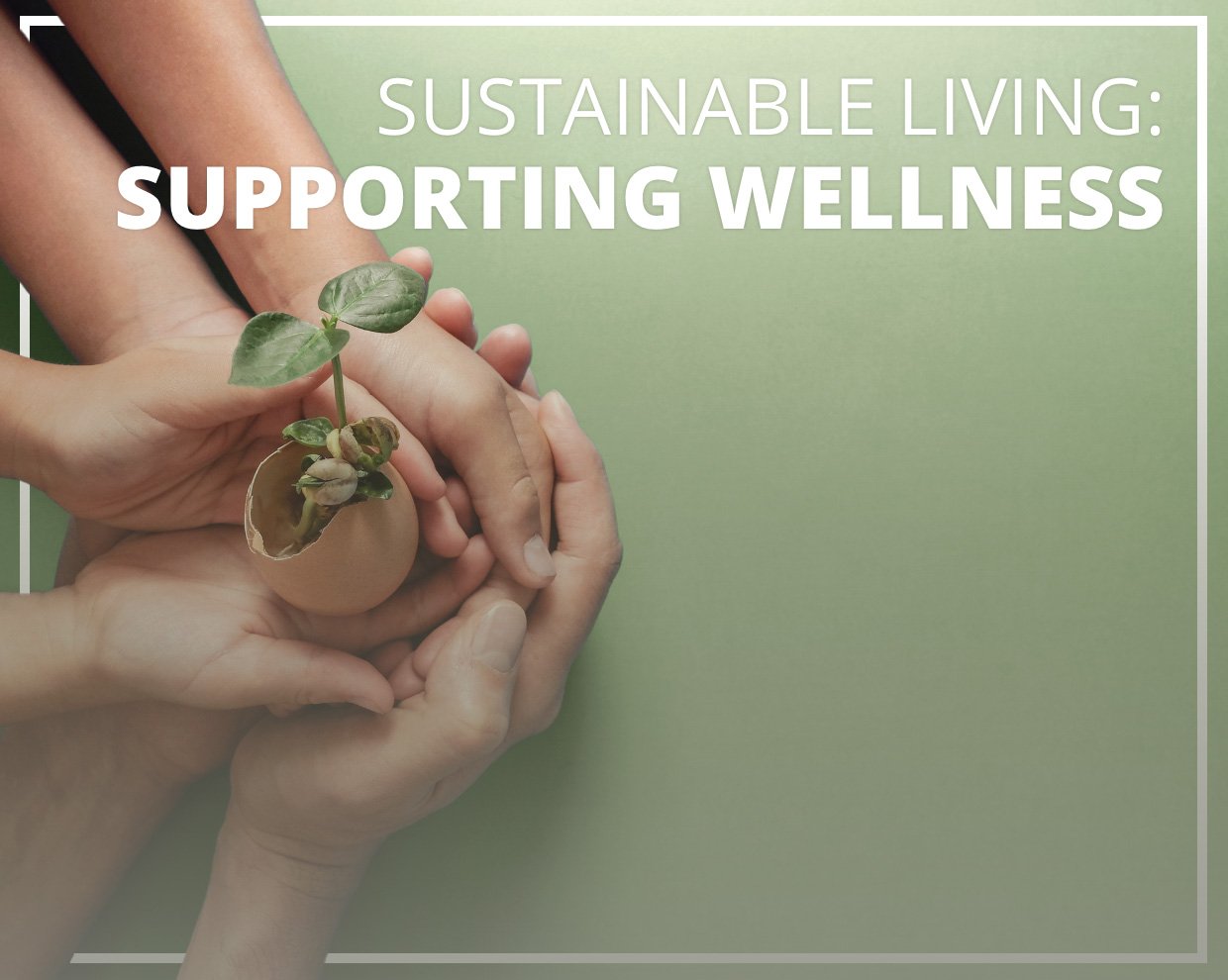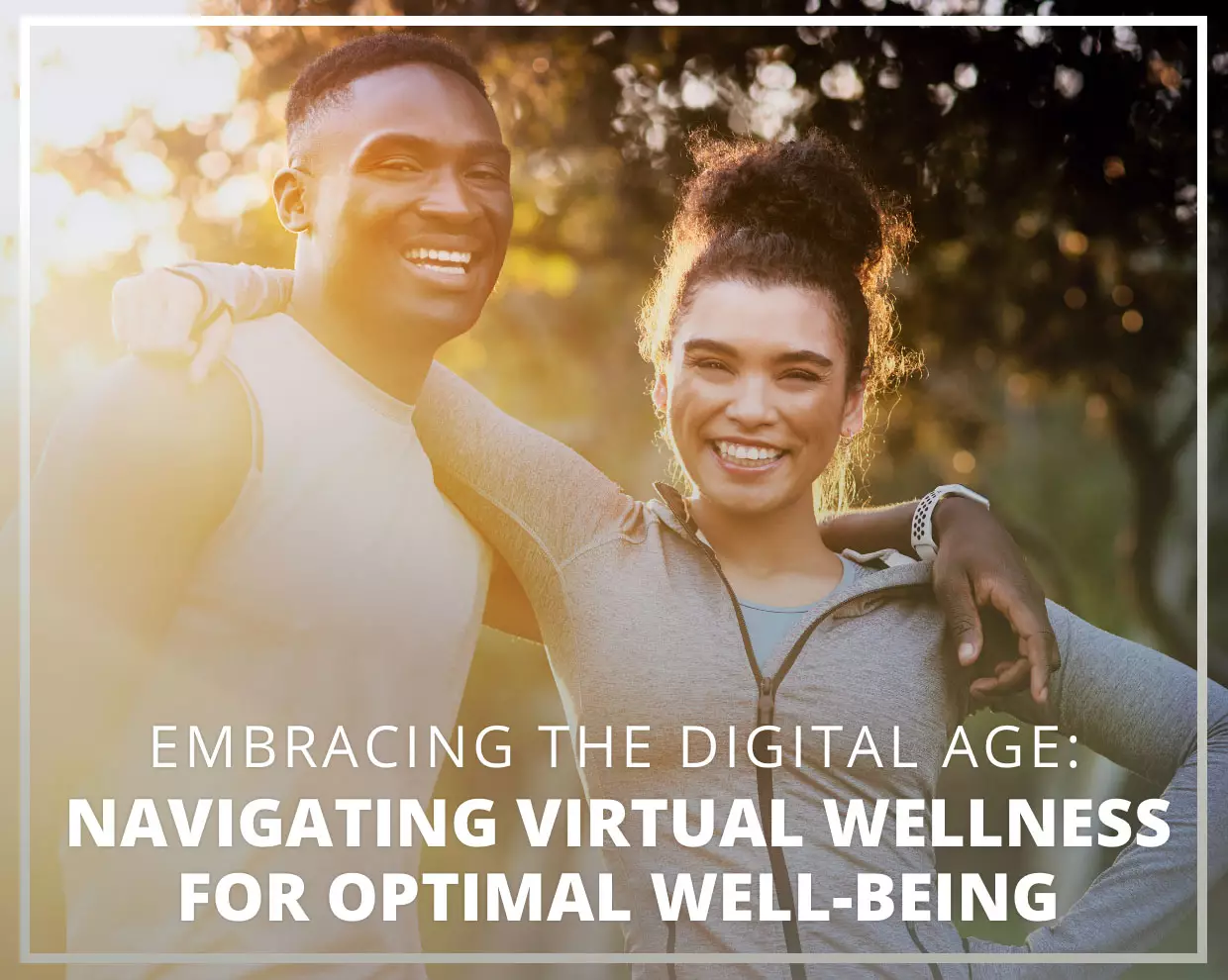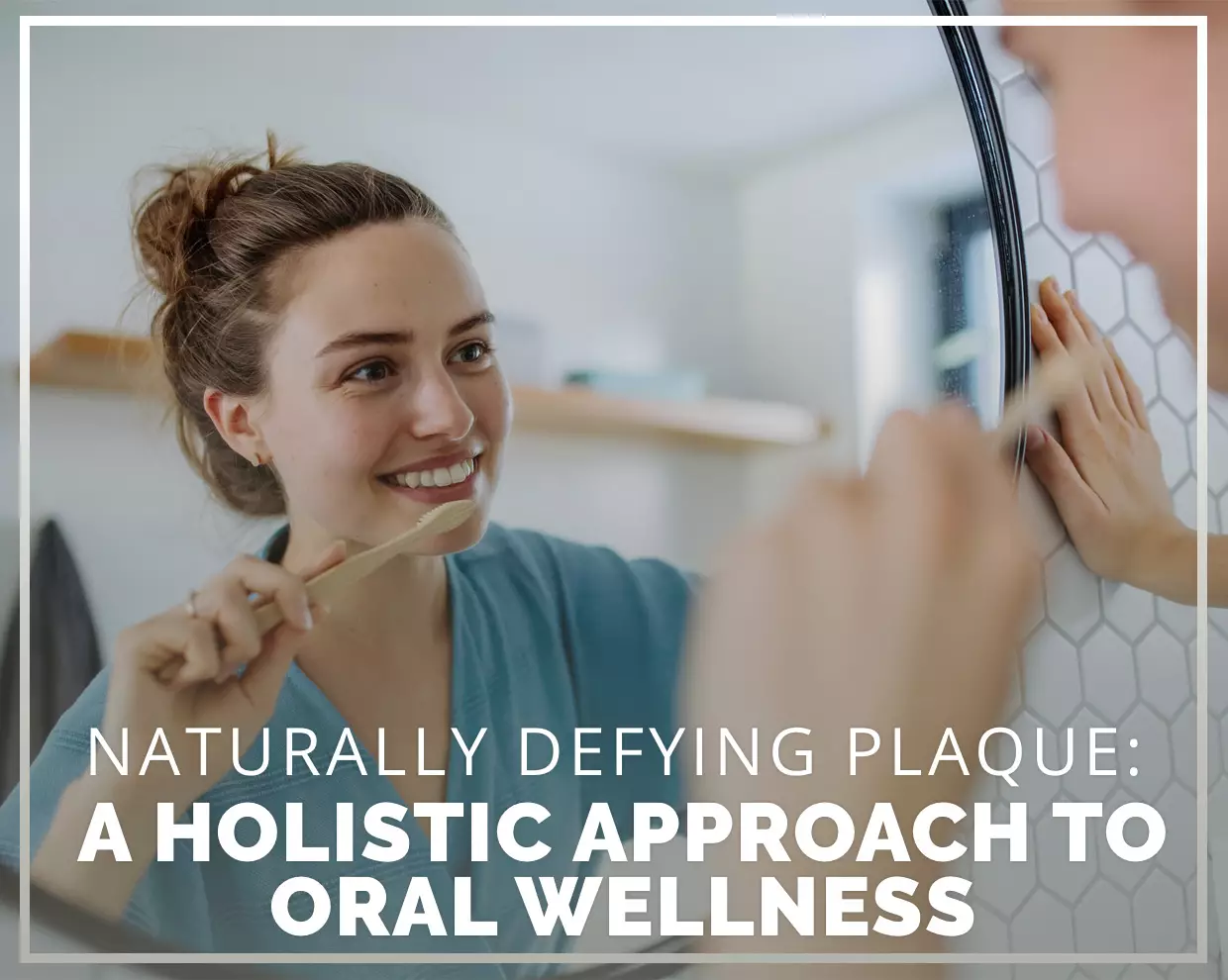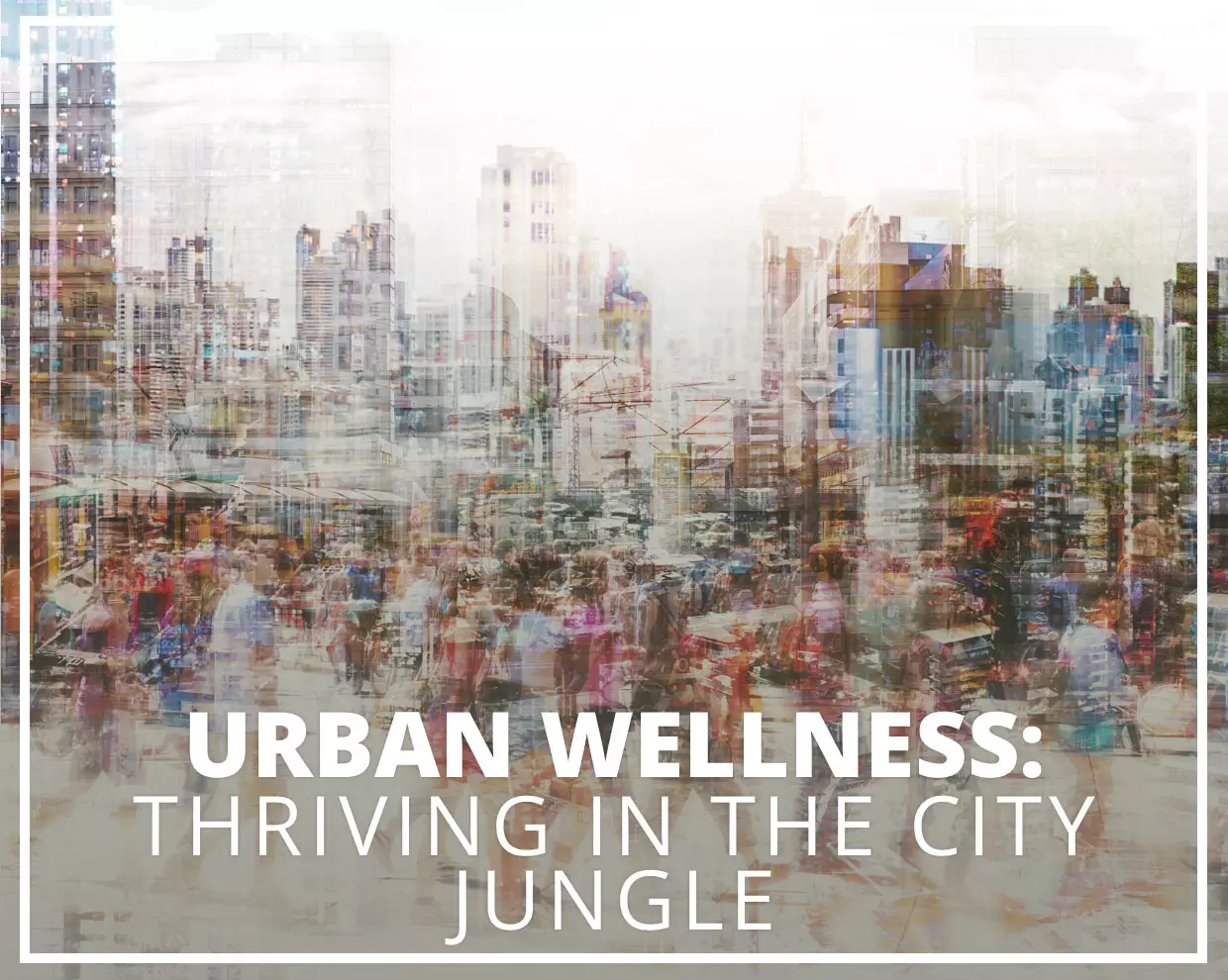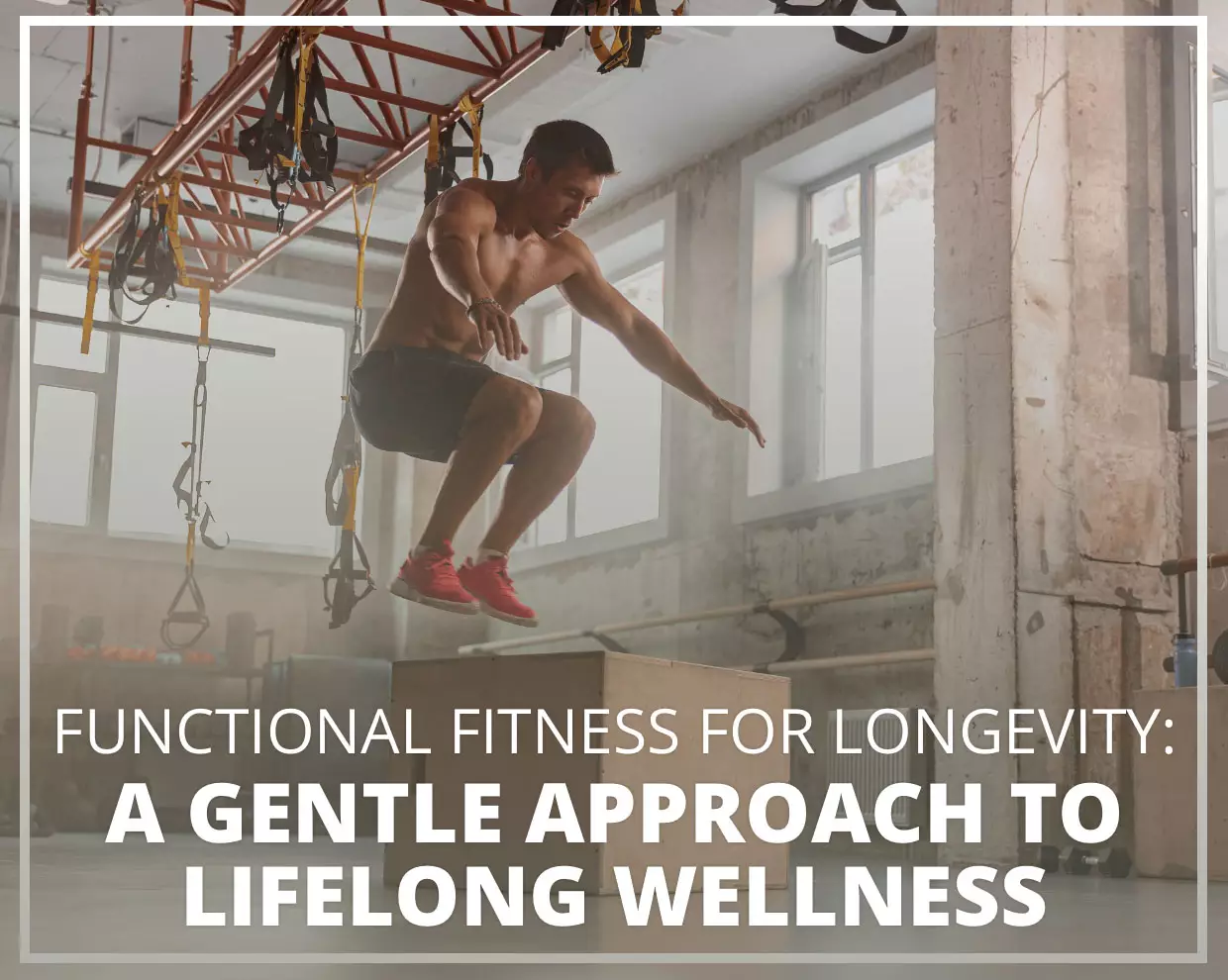The gradual shift towards sustainable living is gaining momentum globally, and the United Kingdom is no exception. Embracing a lifestyle that seeks to minimise harm to the environment can have far-reaching implications, not just for the planet, but also for individual and community wellbeing. [1]
The Intersection of Sustainability and Wellness
Sustainable living encompasses a wide array of practices aimed at conserving natural resources and promoting ecological balance. This lifestyle choice may help to support physical and mental health, though it’s important to approach this topic with a balanced perspective.
The Role of Sustainable Eating
Central to the idea of sustainable living is the concept of sustainable eating. This involves selecting food options that are produced and transported with minimal environmental impact. The UK has seen a surge in interest in local, seasonal diets. [2]
A diet rich in fruits, vegetables, whole grains, and lean proteins is widely recognised for its potential health benefits. Opting for organic and locally sourced produce can be a choice for those looking to reduce their exposure to certain pesticides and support local agriculture, though it’s important to note that non-organic produce also has its place in a balanced diet.
Reducing food waste is another critical aspect of sustainable eating. In the UK, millions of tonnes of food are discarded each year, a situation that needs attention. Addressing food waste not only benefits the environment but may also encourage more mindful eating habits, which could help to support overall wellbeing.
Active Transportation: A Sustainable Choice
Sustainable living also extends to how we choose to travel. Walking, cycling, and utilising public transport are all forms of active transportation that are being increasingly promoted across various UK cities. [3]
Engaging in regular physical activity has well-established health benefits, including a reduced risk of chronic diseases, improved mental health, and a potential enhancement in the overall quality of life.
Creating Sustainable Living Spaces
Sustainable practices within our homes and communities play a crucial role in promoting wellbeing. Energy-efficient homes, access to green spaces, and community gardens are all elements that contribute to this. [4]
Living in an energy-efficient home may help to support respiratory health due to improved indoor air quality, though it is crucial to also ensure proper ventilation. Access to green spaces and community gardens offers opportunities for physical activity, social interaction, and a connection with nature, all of which are linked to positive health outcomes.
The Psychological Aspect of Sustainable Living
Embracing a sustainable lifestyle may also yield good psychological effects. A connection to nature and a sense of responsibility towards the environment can contribute to feelings of wellbeing and life satisfaction. [5]
Furthermore, sustainable practices often foster a sense of community and belonging, which are fundamental for mental health.
Navigating the Challenges
Despite the potential benefits, adopting a sustainable lifestyle is not without its challenges. Sustainable products and services often come at a higher cost.
Transitioning to sustainable living requires a change in mindset and habits. However, even incremental changes can make a significant difference and potentially contribute to personal wellbeing.
Sustainable living presents an integrated approach to life, intertwining environmental consciousness with aspects of personal and community health. In the UK, the movement towards sustainability is gaining traction, backed by a growing awareness of its potential benefits for both the planet and individual wellbeing. [6]
From sustainable eating and active transportation to energy-efficient living spaces, there are numerous avenues through which individuals can embrace a more sustainable lifestyle. While challenges exist, the journey towards sustainability is a collective effort, one that promises a healthier, more fulfilling life for current and future generations.
References
1 Living Well for Longer: a Call to Action to Reduce Avoidable Premature Mortality
2 Eat well: Information and guidance about eating a healthy, balanced diet.
3 Cycling and walking investment strategy
4 Energy at home
5 Nature and Mental Health
6 25 Year Environment Plan

 AU Store
AU Store  UK Store
UK Store NZ Store
NZ Store EU Store
EU Store

